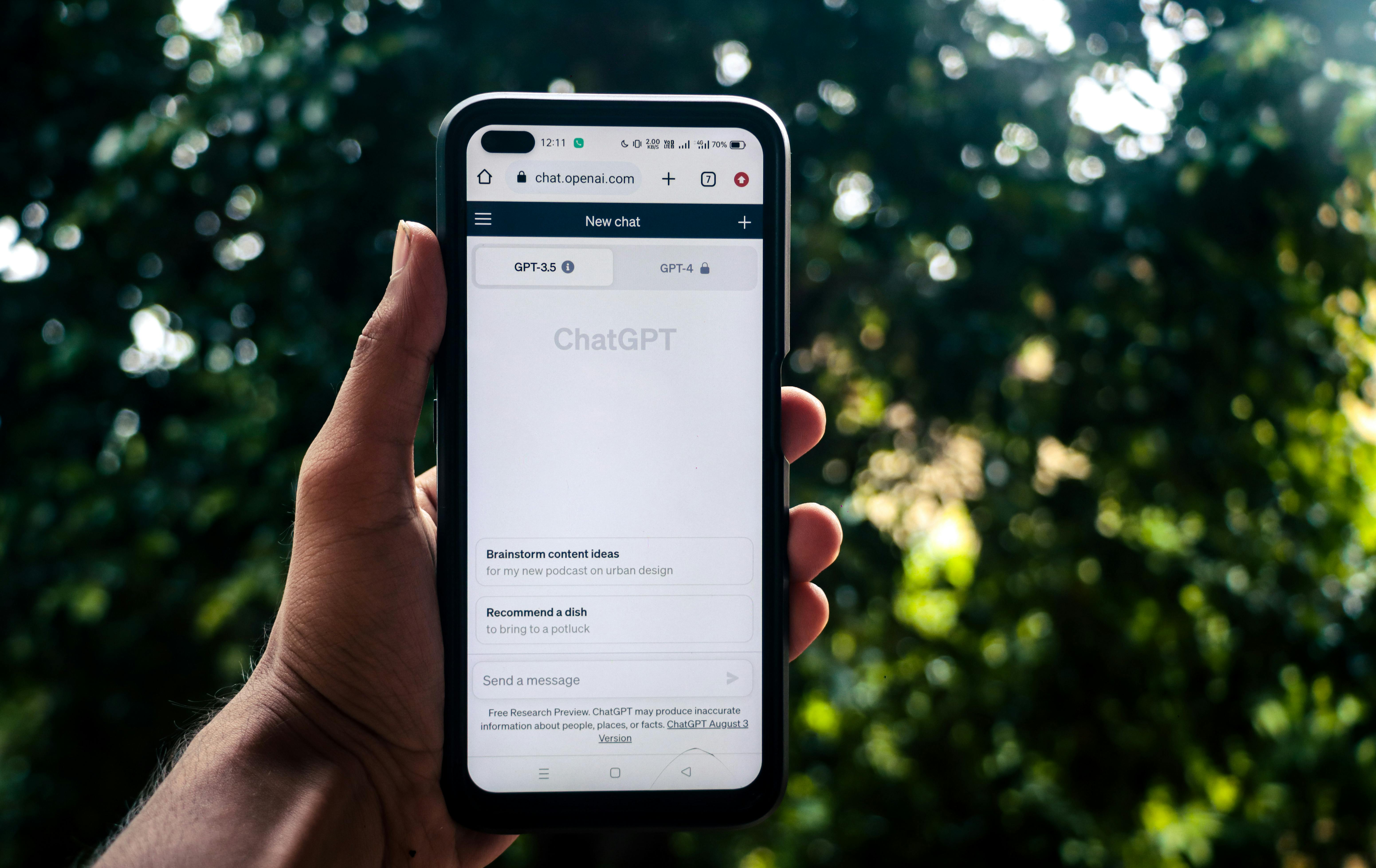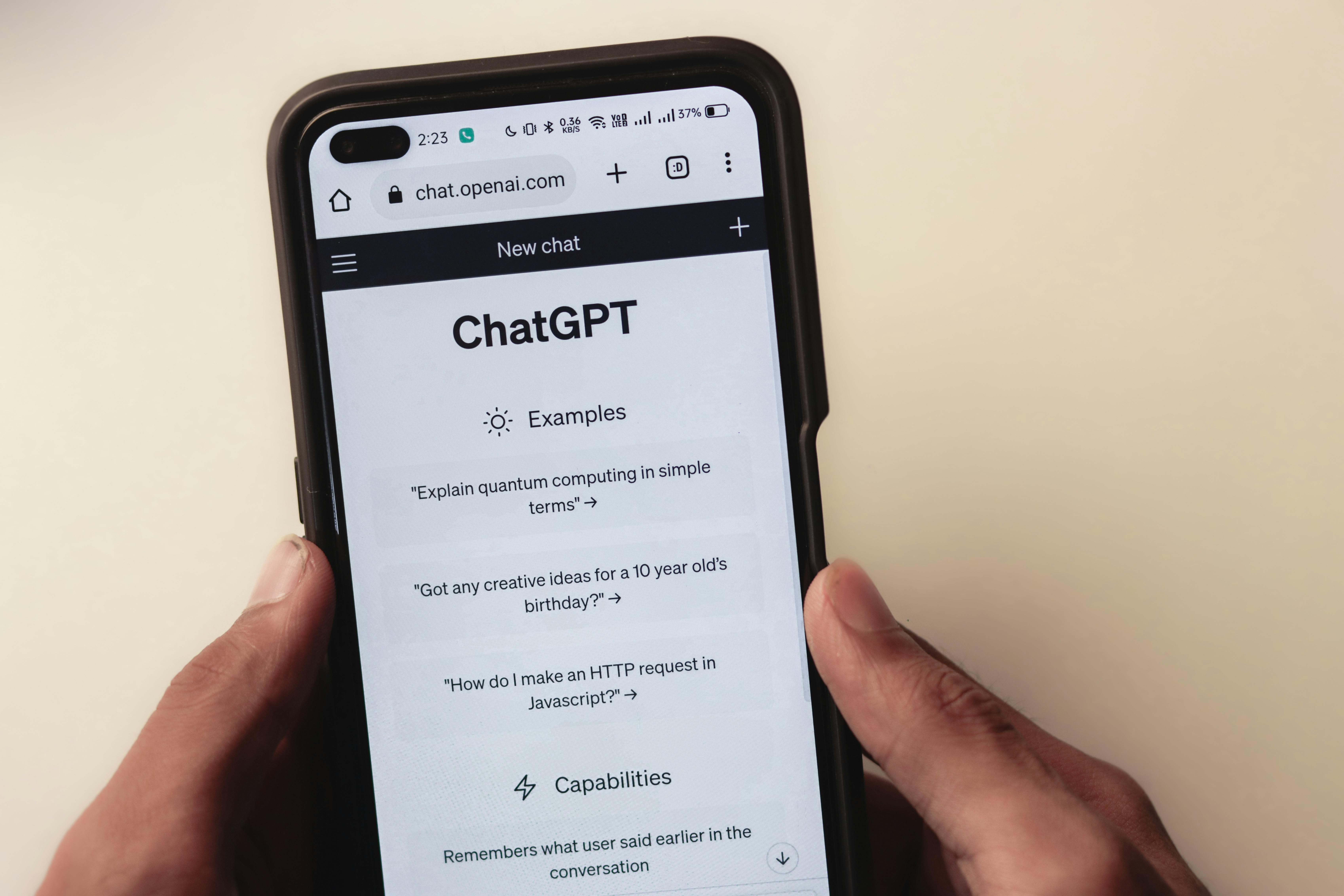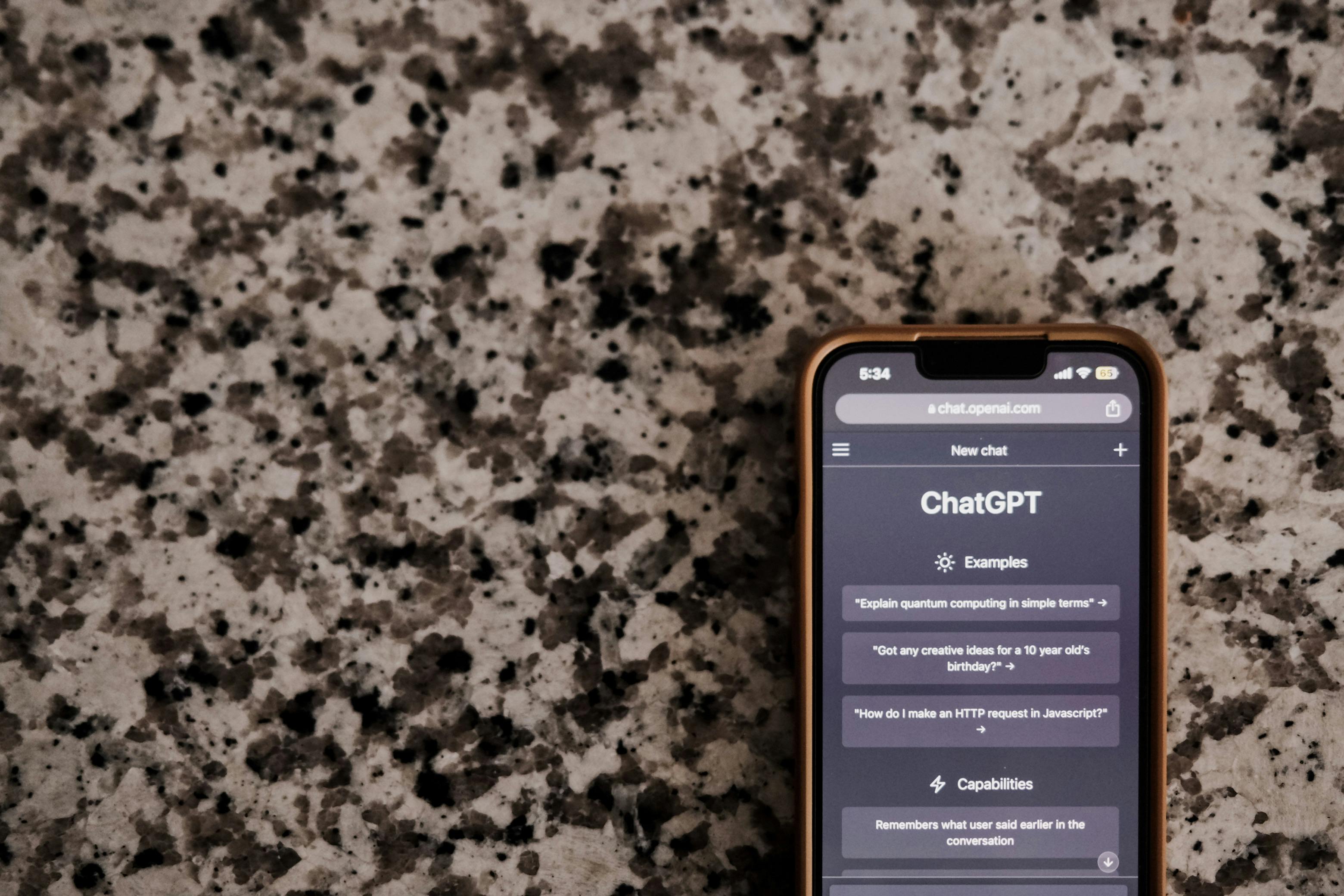
ChatGPT now sits in daily workflows, from drafting emails to shaping product ideas. Creators and teams use it to move faster, test more, and push out better work with less friction.
AI prompt packages supercharge that flow. They are ready-made sets of prompts, templates, or services that guide models to produce clear, on-brand results. Think “Write a product brief from these bullet notes” or “Turn this meeting transcript into action items with owners.” You plug them in, you get strong output, you save time.
The value is simple. Good prompts cut trial and error, reduce rewrites, and lift quality across tasks. They help non-experts get expert-level results, and they give experts a consistent baseline to improve.
Demand is soaring in both business and personal use. Marketing teams want reliable SEO briefs and ad angles. Support teams want strong first drafts for replies. Freelancers want consistent client-ready copy. Founders want quick product docs, FAQs, and user stories that do not need heavy edits.
Not all providers focus on the same needs, which is why choosing well matters. Some offer large, tested libraries inside ChatGPT. Others sell one-time prompt bundles with examples and use cases. Some focus on workflow speed with hardware shortcuts. Developer-first options add control for complex projects.
In this guide, you will see how the top providers compare on features, ease, and value. We will cover AIPRM for built-in libraries, Promptrr for one-time packs, Logi AI Prompt Builder for quick access, AI Parabellum for structured prompt design, Microsoft Azure OpenAI Service for enterprise needs, and Hugging Face for developer control. You will leave with clear picks for your goals, budget, and team size.
What Makes a Great AI Prompt Package Provider

Choosing the right provider saves time, cuts errors, and lifts output quality. Look for a mix of easy onboarding, strong model support, clear pricing, and real help when you need it. The best picks fit both quick tests and serious team workflows.
Focus on User-Friendly Features
A simple interface helps you get value in minutes. Tools like AI Parabellum’s free prompt generator offer no-signup access, so you can draft and refine prompts without friction. The OpenAI Playground is great for quick tests across models, temperature, and system prompts.
Why this matters:
- Faster project starts, less time in setup menus.
- Lower learning curve for non-technical teammates.
- Clear prompt previews and examples that reduce guesswork.
Look for clean editing, version history, and copy-ready outputs. These small touches help both beginners and pros move faster.
Check Pricing and Scalability
Start small, grow on demand. Free options like basic Hugging Face spaces work well for trials. Paid plans from tools like PromptPerfect add depth with prompt optimization at scale. Enterprise platforms such as Microsoft Azure OpenAI bring quotas, SSO, and regional hosting for larger teams.
What to compare:
- Free tier limits and overage costs.
- Seats, workspaces, and audit logs.
- Data retention and model access (GPT-4, GPT-4o, Claude, Llama).
Smart scaling cuts hidden costs over time. You avoid tooling churn and costly migrations as usage rises.
Look for Strong Support and Integration
Great providers back you with guidance and smooth workflows. Firms like STS Software deliver custom setup and support. Platforms like LangSmith help you track prompts, evaluate runs, and fix failures before they reach users. Management layers such as PromptLayer add prompt versioning and analytics. Expert services like Krazimo can tailor prompts to your brand voice and domain.
Integration wins:
- Connect to docs, CRM, and chat tools to reduce copy-paste.
- Use webhooks and APIs for repeatable pipelines.
- Centralize prompts, tests, and approvals for team speed.
Tip: Match the provider to your needs. Developers benefit from robust APIs and eval tools. Content teams want templates, guardrails, and clear reviews. Security-conscious orgs should prioritize SOC 2, data controls, and tenant isolation to avoid poor results and risk.
Top AI Prompt Package Providers to Try Now

You have two strong paths here. Hire expert services to design and maintain prompts for your workflows, or use focused tools to optimize, test, and deploy at speed. If you want a broader market view before choosing, skim this current AI prompt engineering companies list. Below are practical picks that work well in 2025 across different needs.
Krazimo Private Limited: Expert Services for Businesses
Krazimo pairs big‑tech‑trained engineers with domain experts to build custom prompt systems, RAG flows, and safety checks. Their onshore-offshore model keeps quality high and costs predictable. You get workshops, prompt libraries, and ongoing tuning for live use.
- Pros: Senior talent, custom builds, clear delivery. Good cost control with mixed staffing.
- Cons: Services take time to scope and implement. Less DIY.
- Best for: Companies that want done-for-you prompt design and governance with measurable outcomes.
Tip: Review their approach and case themes on the official site at Krazimo.
PromptLayer: Best for Prompt Management and Testing
PromptLayer is a workbench for AI engineering. It tracks prompts and versions, runs evaluations, and supports deployment across major models. Teams get shared workspaces, access controls, and analytics to improve outputs over time.
- Pros: Versioning, evals, observability, and broad model support. Strong team features.
- Cons: Requires setup and discipline to get full value.
- Best for: Developers and data teams refining prompts, tests, and releases.
Explore features and plans on the PromptLayer website.
PromptPerfect: Auto-Optimize Your Prompts
PromptPerfect automatically rewrites prompts to improve clarity and recall. You paste your goal, it returns optimized prompts you can run in your stack. Pricing tiers fit solo users, small teams, and power users.
- Pros: Fast quality gains, minimal learning curve, strong for non-technical users.
- Cons: Less control than hand-tuned engineering for edge cases.
- Best for: Quick upgrades to drafts, briefs, support macros, and research prompts.
Example: Feed a rough content brief and get a tighter, structured prompt ready for GPT-4.
AI Parabellum: Free and Simple for Beginners
AI Parabellum offers a no‑registration prompt generator with a clean UI. You can test ideas, structure prompts, and copy results in seconds. It is ideal for learning the basics without cost.
- Pros: Free, frictionless, helpful templates for common tasks.
- Cons: Limited depth for complex projects.
- Best for: New users, students, and teams validating ideas before a larger rollout.
Microsoft Azure OpenAI: Secure Choices for Teams
Azure OpenAI provides GPT‑4 access with enterprise controls, SSO, logging, and regional hosting. You pay as you go, integrate via API, and add guardrails with Azure services. Compliance and data boundaries fit strict industries.
- Pros: Security, governance, quotas, and reliable scaling. Strong integration with Azure.
- Cons: Heavier setup, requires cloud administration.
- Best for: Large teams that need secure LLM access, audit trails, and stable capacity.
How to Choose and Start with Your Provider

Picking a provider is simpler when you map your needs, test fast, and scale in steps. Use the criteria above as your scorecard. Your goal is a tool or service that fits your work today and will not slow you down as usage grows.
Map Your Needs First
Start with a quick profile. Write it down so choices stay clear.
- Solo or team, and who will use it daily.
- Primary use cases, like SEO briefs, support replies, sales enablement, or docs.
- Required models, data rules, and security needs.
- Budget range and any must-have integrations.
Tip: If you only need prompt libraries and light editing, a simple library or optimizer fits. If you need governance, versioning, and audits, pick a management platform.
Run Quick Tests Before You Commit
Use free tiers and sandboxes to validate the basics. The OpenAI Playground is perfect for fast checks on prompt behavior, temperature, and output style. Save a small set of test tasks that reflect real work, then score outputs for clarity, tone, and factual accuracy.
For a broader view of tool trade-offs and stack choices, scan this concise guide on choosing AI tools in 2025: The Definitive Field Guide to Choosing AI Models ….
Compare Providers With a Simple Matrix
Make a short table or checklist and rate each option 1 to 5.
- Ease of use, onboarding time, and learning curve.
- Prompt quality and templates, plus model support.
- Pricing clarity, overage costs, and team features.
- Security, audit logs, and data boundaries.
- Support quality and documentation.
If you want a quick market snapshot of prompt platforms used by product teams, review this roundup: 7 Best AI Prompt Platforms That Product Teams Are Using ….
Start Small, Then Scale
Begin with one workflow, like weekly SEO briefs or support macros. Set a success metric, such as time saved per task or edit rate. If results hold for two weeks, add a second workflow and enable team seats or approvals.
Prompt Basics That Work Everywhere
Strong prompts cut errors across providers.
- Use plain language and state the goal first.
- Add inputs in bullets, not walls of text.
- Specify format, length, and voice.
- Provide one example. Example: “Write a 120-word product update, friendly tone, with 3 bullets and a CTA.”
Make the Call
Pick the provider that wins your test set and fits your budget. Lock a 30-day review to confirm results and adjust scope. Then standardize prompts, share templates, and keep iterating as your needs grow.
FAQ…
Q: What are AI prompt packages?
A: AI prompt packages are ready-made collections of prompts, templates, or services designed to help businesses and individuals get consistent, high-quality outputs from AI models like ChatGPT and GPT-4 without extensive trial and error.
Q: How much do AI prompt packages cost?
A: Pricing varies widely. Free options like AI Parabellum exist for basic use. Mid-tier tools like PromptPerfect range from $10-50/month. Enterprise solutions like Azure OpenAI and custom services from Krazimo use usage-based or project pricing.
Q: What is the difference between a prompt marketplace and a prompt package provider?
A: Marketplaces like PromptBase sell individual prompts created by various sellers. Package providers offer managed libraries, optimization tools, versioning, and enterprise features designed for teams and workflows.
Q: Which AI prompt package is best for businesses?
A: It depends on your needs. PromptLayer excels for teams needing version control and testing. PromptPerfect works well for automated optimization. Krazimo provides custom engineering services. Azure OpenAI fits enterprises with strict compliance requirements.
Q: Do I need technical skills to use AI prompt packages?
A: Not necessarily. Tools like AI Parabellum and PromptPerfect are designed for non-technical users. Developer-focused platforms like PromptLayer require some technical knowledge for full utilization.
Conclusion
Good prompts set the floor for quality, speed, and consistency. Tools like PromptLayer help teams manage versions, tests, and rollouts, while Krazimo brings expert services for complex, high-stakes workflows.
Pick one provider that fits your goals, then run a two-week pilot on a single workflow. Demand for prompt systems is rising fast in 2025, so small wins now compound into big gains later. These packages make AI more accessible, more reliable, and more useful for real work. If you would like my PDF “110 ChatGPT Prompts For Content Creation.” Email me at neondoodledesigns@gmail.com

